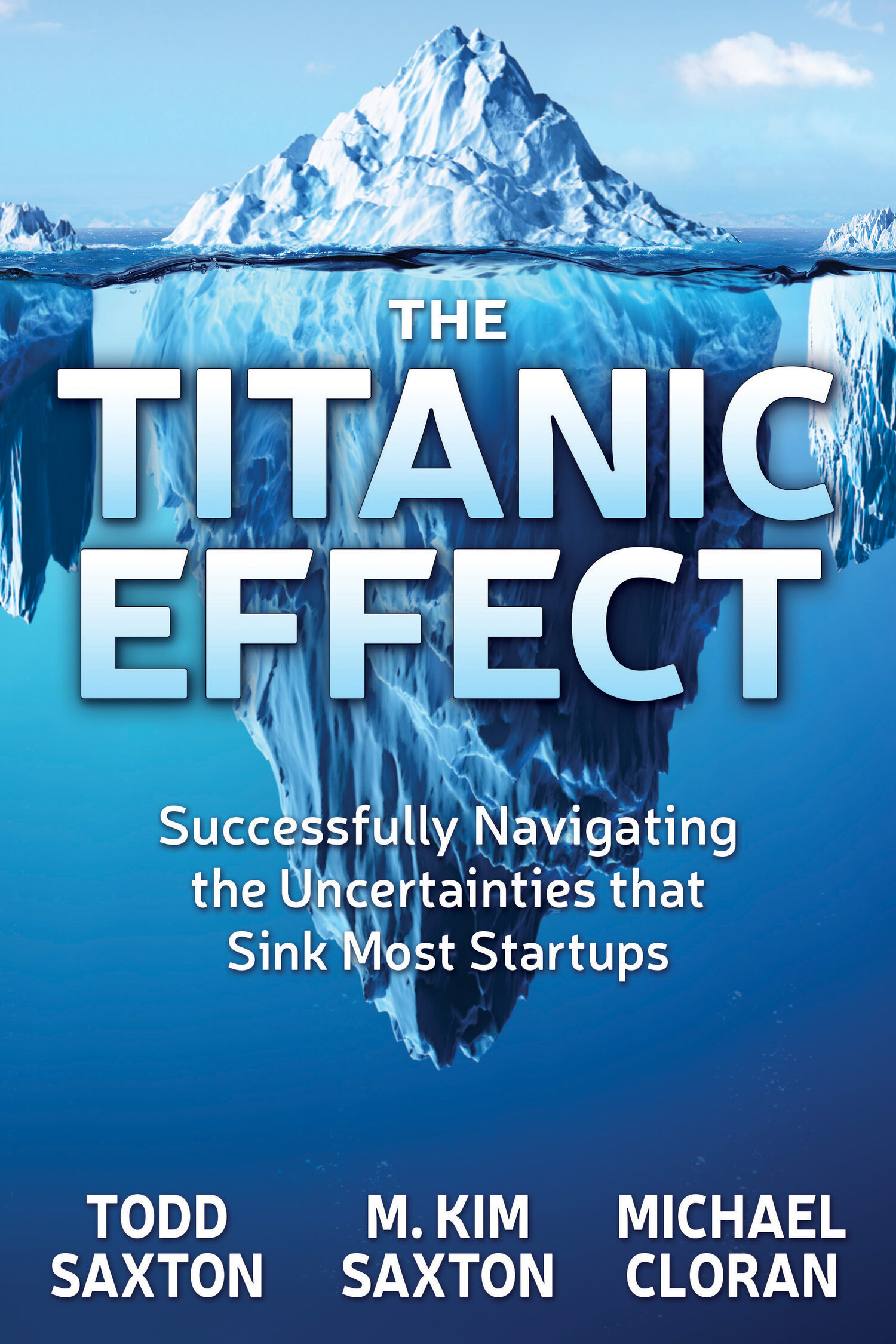We have had the pleasure of sharing The Titanic Effect framework at several venues recently with chapters of the Society of Physician Entrepreneurs (@SoPEnet.org). We’ve shared the book with four SoPE chapters so far: Washington DC, Orange County CA, Boston MA, and Indianapolis IN (@sopein). At these events, we have invited experienced life science entrepreneurs to share their stories with life science innovators. It’s always interesting to hear what other founders have experienced. We thought we would share some of the key takeaways from these events.
#1 - The value of diversity. One of the “debtbergs” we talk about in The Titanic Effect is the dearth of diversity. When founding teams all look and think alike, they are less likely to be successful. Differences in expertise and experience help a founding team understand the customer and craft unique solutions - highly needed input when trying to identify the right target market, explore technological alternatives, and find product/market fit. A wealth of academic research tells us that diverse teams are better at idea generation and problem solving. If your founding team is not diverse, use advisors to bring in additional perspectives.
BUT, there is a caveat—implementation can be a bigger challenge with diverse teams. It is important for execution that all team members are aligned in terms of language and metrics for moving forward. Be sure that goals, focal areas, and even terminology are shared across the founding team. Thanks @Gaurav Kaushik of @Cascade Bio and @Andy Cothrell of @Xact Medical for comments and suggestions on this during our SoPE sessions.
#2 - Keep close to the customer and dig in on metrics. Early in launch, listening to the customer versus living with the customer are worlds apart in terms of the insight they produce. Potential customers might share feedback—but if you are not there with them, experiencing their use of and reaction to your product, you will not get the full benefit of this feedback. This will help you develop a deep understanding of the job your product actually does for the customer—not the one you hope it does.
Additionally, set up metrics to know if and how the customer is actually using the product. Experiment intentionally with different options (often called an A/B test) to measure results to truly understand the receptivity to different options. @Veera Anantha of @The Learning Corp and @Joe Muldoon of @Fast Biomedical shared their own experiences and gave good advice on this topic.
#3 - The importance of culture and community. All of the entrepreneurs involved stressed the importance of leveraging community assets and building a culture of open dialogue, curiosity, and celebrating wins (however small). Building relationship assets is not just random networking. Founders should actively engage with their local communities and look for opportunities for partnerships and support. Community members may not be customers, but they may provide valuable feedback and ideas, connect you to potential customers and investors, and help build your brand. In our own research, we call these Venture Advocate Behaviors. They can be the difference between success and failure, while saving you time and helping you secure resources.
This connected approach to the community has a direct relationship with company culture. Connecting with those outside your organization in meaningful ways can help build a culture of inclusiveness and openness that transcends boundaries. Paying back and paying forward are part of the social exchanges that are necessary in startups, and they occur both within and outside the organization.
It has been a wonderful experience to extend our own community to different parts of the country. The response to our Titanic stories and navigation tips has been phenomenal. The entrepreneurs mentioned here, as well as many others, have helped us build meaningful connections between our ideas and their entrepreneurial journeys. These insights improve our narrative and give the audience a better experience.
Consider joining us online for our national SoPE webinar on September 17, 2019 (Register here). We will use not only the Titanic, but also Theranos, a notable recent life science shipwreck, as further fodder for identifying debtbergs and navigating your venture to success.


